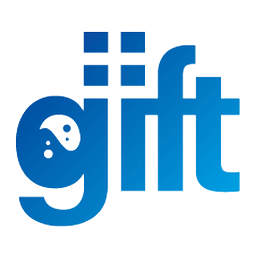What is TPN and what is it for?
TPN stands for, Total Parenteral Nutrition. This means that either all or part of a patient's nutrition and fluid requirements are administered through the central venous system (large veins near the heart). This allows patients to maintain adequate nutrition and hydration when the bowel is either damaged or dysfunctional. It is also used in times where bowel rest is indicated i.e. following major bowel surgery. TPN is used in a variety of gastric conditions but its use in Gastroparesis cases is limited here in the UK.
TPN is most commonly used in intensive care departments and hospital settings. However, when TPN is considered the ONLY long term viable option for adequate nutrition, it can be administered at home with adequate training and support. It is sometimes referred to as Home Parenteral Nutrition or HPN.
Not every hospital has the facilities to train patients how to administer HPN, so a referral to one of the regional nutritional centres will be required. Your consultant will arrange this for you.
Your team will monitor your blood values closely and tailor the TPN solution to suit your own individual requirements. However, feeding nutrients into the system this way is not natural to your body and can have serious complications. As a result of this, you will need to be monitored closely for the duration of your treatment in hospital. You will be taught how to monitor for excess glucose and check your temperature on a daily basis which you will need to continue at home. They will also explain how to monitor for signs of infection and what to do if a more serious complication arises. Your team will need to make sure your prescription is as stable as possible before you go home.
The initial stage of commencing HPN is a lengthy process, usually involving around 4/5 weeks in the hospital depending on your response to treatment and training. Not only do you need to learn to be safe, but also comfortable with the process. If it is not possible for the patient to self-administer HPN, training for caregivers is offered (especially for minors). Alternatively, support from district nurses can be arranged.
Hickman Line, Broviac Line, Central Venous Catheter
There is a fantastic charity called PINNT who provide excellent support to those needing IV nutrition. They have information on travelling and insurance etc.
![Diabetes-posters-A5_-Blackpool[1504].jpg](https://images.squarespace-cdn.com/content/v1/593ef9649de4bb2908ba6994/1578569680195-8YT5WB5WCJQX2OL9A319/Diabetes-posters-A5_-Blackpool%5B1504%5D.jpg)



